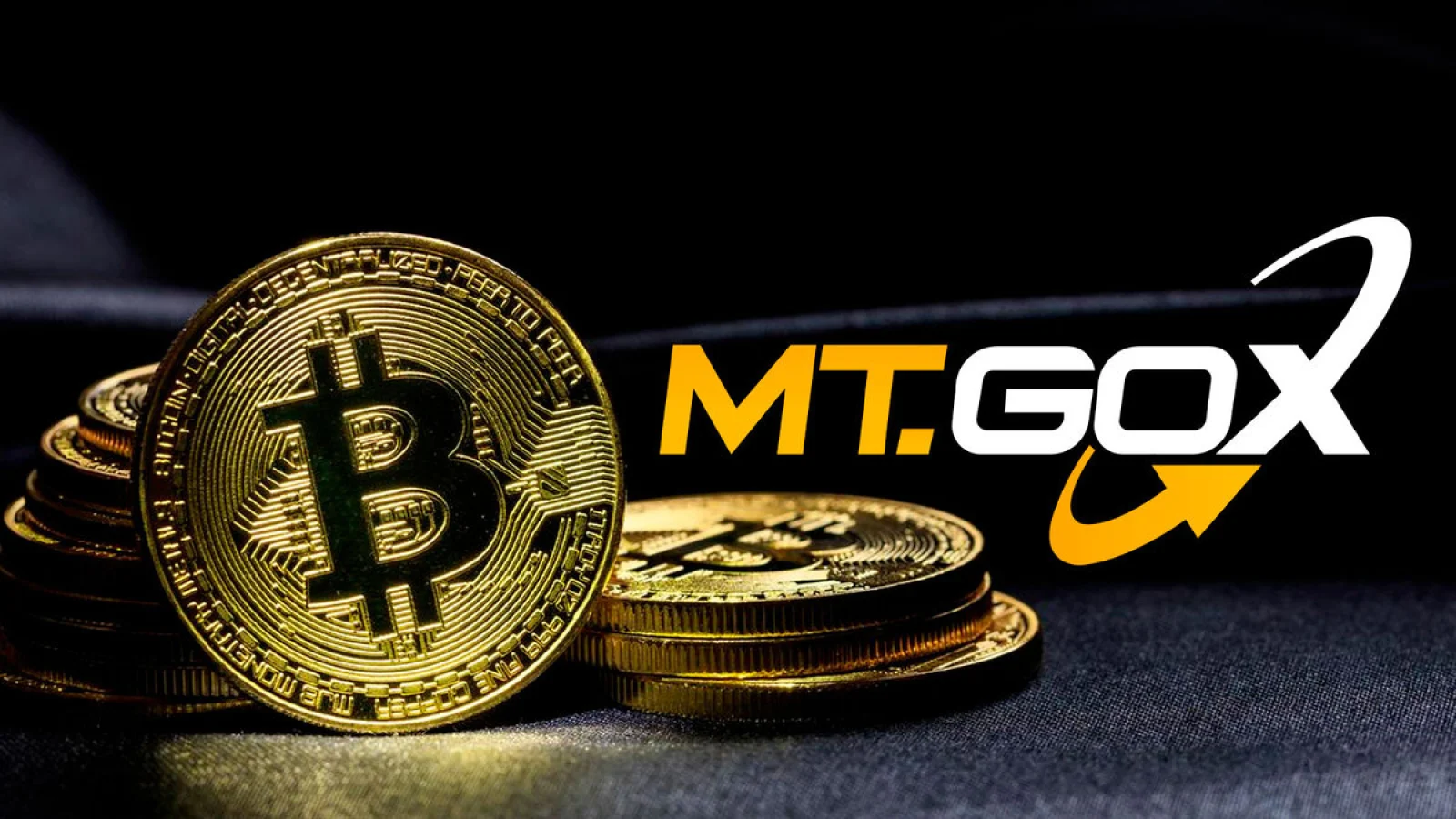|
Getting your Trinity Audio player ready...
|
The highly anticipated approval of spot Ethereum(ETH) ETFs in the US market comes with a twist: staking is off the table, for now. This decision by the US Securities and Exchange Commission (SEC) has industry leaders like Mike Novogratz, CEO of Galaxy Digital Holdings Ltd, predicting a two-year wait before staking becomes a reality for these ETFs.
While the SEC remains cautious, the regulatory landscape is shifting. Hong Kong’s Securities and Futures Commission (SFC) recently approved spot Bitcoin and Ether ETFs, and is considering permitting staking for these products. This could grant Hong Kong a first-mover advantage in offering investors passive income opportunities through crypto staking.
This regulatory divergence highlights the evolving stance on cryptocurrencies. Interestingly, some major US issuers like Fidelity Investments opted out of the Ethereum ETF race altogether, citing the lack of staking as a dealbreaker for investors. They argue that without staking, these ETFs offer little value in a crowded market.
However, investors might still favor Ethereum within the ETF landscape. Ethereum’s focus on smart contracts and its environmentally friendly Proof-of-Stake consensus mechanism position it as a more tech-driven and sustainable alternative compared to Bitcoin.
Also Read: Polygon (MATIC) Struggles as Ethereum ETF Approval and Whale Sell-Off Intensify Downtrend
The current situation presents a fascinating scenario. While the SEC plays it safe, investors and regulators in other regions are embracing innovation. This could lead to a future where US investors turn to international markets for access to staking opportunities. As the regulatory environment continues to evolve, the question remains: will the US catch up, or will it be left behind in the race to offer sophisticated crypto-based financial products?
Disclaimer: The information in this article is for general purposes only and does not constitute financial advice. The author’s views are personal and may not reflect the views of Chain Affairs. Before making any investment decisions, you should always conduct your own research. Chain Affairs is not responsible for any financial losses.
With a keen eye on the latest trends and developments in the crypto space, I’m dedicated to providing readers with unbiased and insightful coverage of the market. My goal is to help people understand the nuances of cryptocurrencies and make sound investment decisions. I believe that crypto has the potential to revolutionize the way we think about money and finance, and I’m excited to be a part of this unfolding story.




